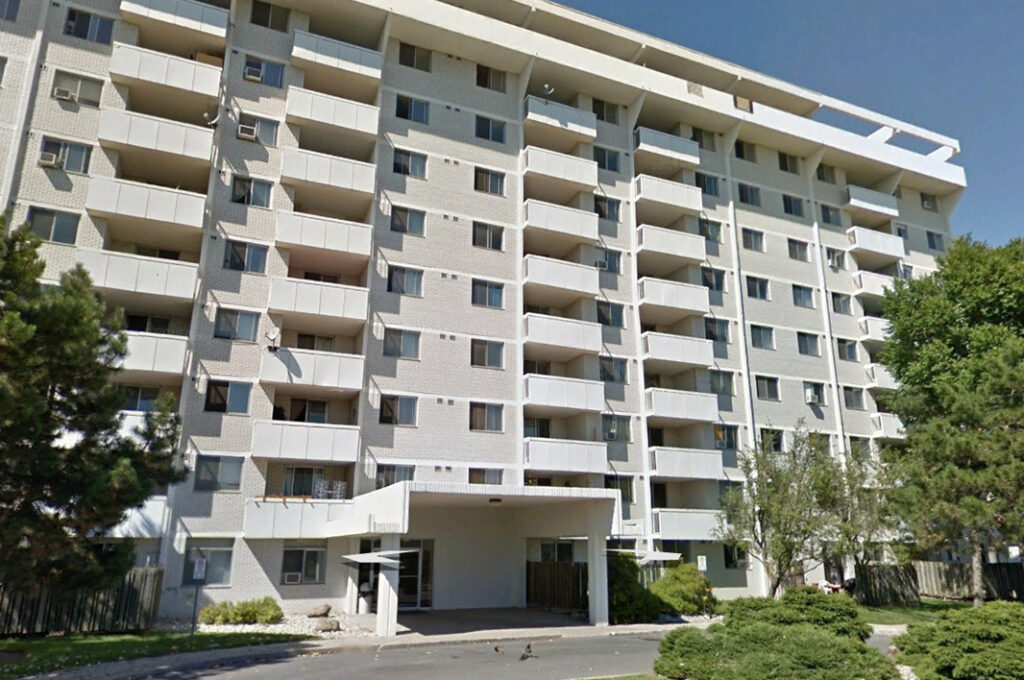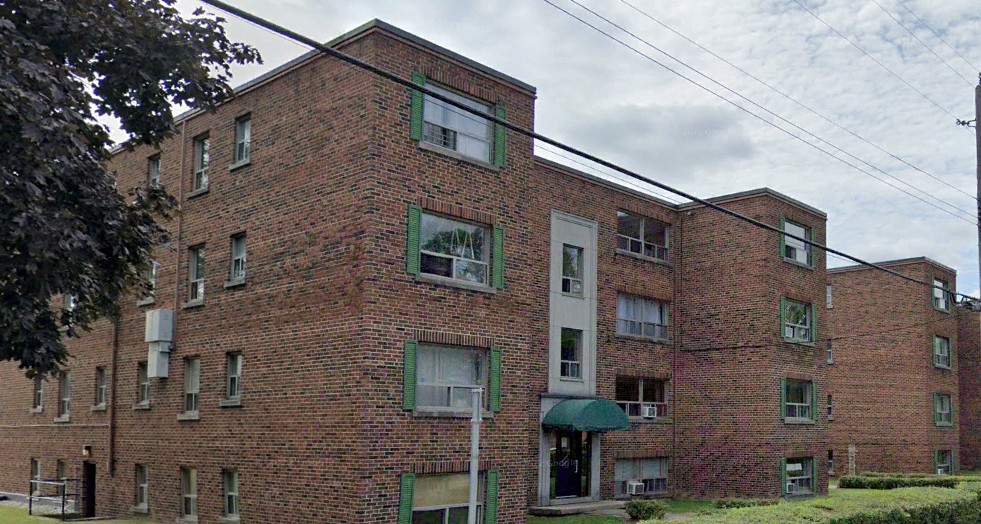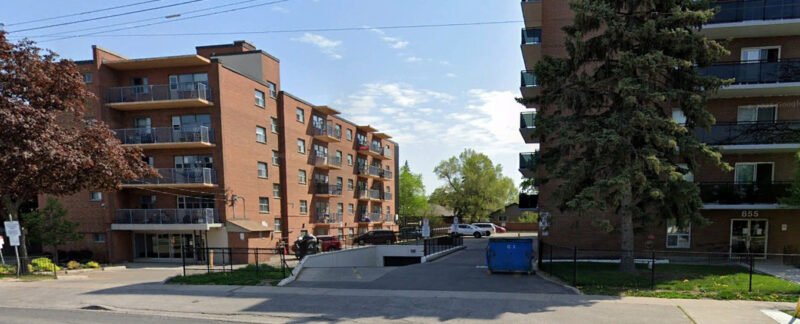Above Guideline Increases (AGIs) in Ontario were initially introduced as a way for landlords to recoup some costs associated with major capital expenditures, such as new elevators, boilers, and other significant building improvements. However, these increases often led to substantial financial strain on tenants, especially in light of rent freezes. While AGIs were meant to balance the interests of landlords and tenants by ensuring properties are well-maintained without compromising the landlords financial stability, they have frequently been misused and abused to the detriment of renters.

One major issue with AGIs is that they place an undue burden on tenants for decades. Instead of landlords absorbing even some of the costs of necessary upgrades as part of their investment in property maintenance, tenants are forced to pay all of it, for a potential decade through increased rents. This situation has become particularly problematic for low-income families, seniors on fixed incomes, and other vulnerable groups who may already be struggling to make ends meet. The higher rents resulting from AGIs are now leading to housing instability and even displacement, as tenants cannot afford the sudden increases.
Moreover, AGIs have increasingly become a norm rather than an exception. Allowing landlords to regularly apply for rent increases beyond the annual guideline. This trend has turned what was supposed to be an occasional measure into a common practice, exacerbating the affordability crisis in the rental market. Tenants find themselves in a cycle of perpetual rent hikes, with little recourse to challenge these increases effectively. The frequency and normalization of AGIs by Ontario Trbuals – Landlord and Tenant Board suggest that landlords are now able to use this tool not only to cover genuine repair costs but also to boost their profits at the expense of tenants financial security.
Additionally, the benefits of these capital improvements primarily accrue to the property owners. When a landlord sells a property that has been upgraded through AGIs, the new features like elevators or boilers significantly increase the property’s market value. Thus, while tenants bear the immediate financial burden of these improvements through higher rents, the landlord enjoys the long-term financial gains from a more valuable property. This dynamic highlights a fundamental unfairness in the current system, where tenants subsidize improvements that ultimately benefit landlords.
There is a growing call for reform to address these abuses. Many advocate for the abolition or significant restructuring of AGIs, suggesting that landlords should bear the full cost of property maintenance and improvements. Alternative proposals include government grants or low-interest loans for landlords to ensure necessary upgrades can be made without passing costs onto tenants. Tightening the criteria for AGIs to ensure they are only granted for essential repairs, and not for routine or cosmetic upgrades, is another potential solution.
Upon taking office, it will be crucial to establish an independent Housing and Tenancy Commission (H.T.C.) to replace the current Landlord and Tenant Board (L.T.B.) and the existing tribunals in Ontario. These bodies have demonstrated a consistent pattern of abuse and have failed to effectively adjudicate disputes, leading to a significant loss of credibility and effectiveness. The H.T.C. will be created as a truly independent entity, free from the biases and landlord-friendly regulations that currently disadvantage tenants. Its primary role will be to ensure a fair rental market, protect tenants from exploitation, and promote balanced relationships between landlords and renters. This reform will foster a housing environment grounded in fairness, transparency, and equity, ultimately leading to a more just system for everyone.
In addition to this, I am committed to advocating for the removal of the Above Guideline Increase (AGI) system. The AGI system permits annual rent increases intended to cover property improvements that primarily benefit landlords rather than tenants. This approach imposes an unfair and prolonged financial burden on tenants, forcing them to bear costs that should rightfully be the responsibility of property owners. By eliminating AGIs, we will protect tenants from being unfairly charged for property enhancements and ensure that property upkeep remains the responsibility of landlords.

Together, the establishment of the H.T.C. and the removal of AGIs will create a more equitable and transparent rental market, ensuring fair treatment for tenants and addressing longstanding issues in the current system.
